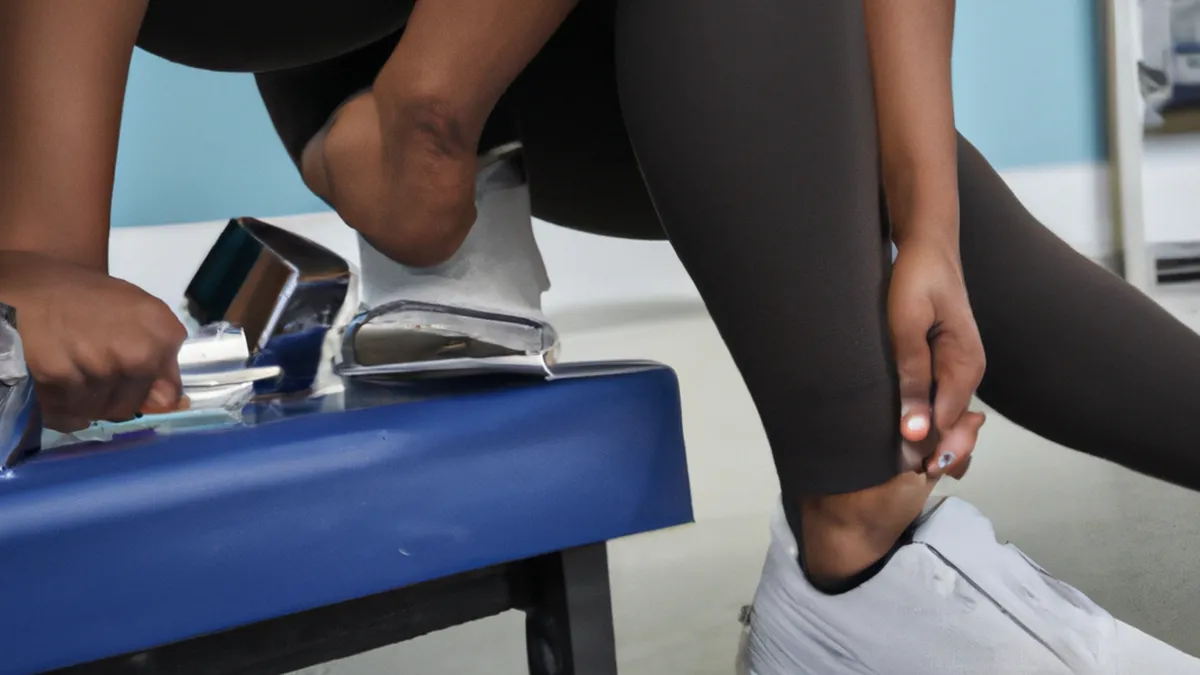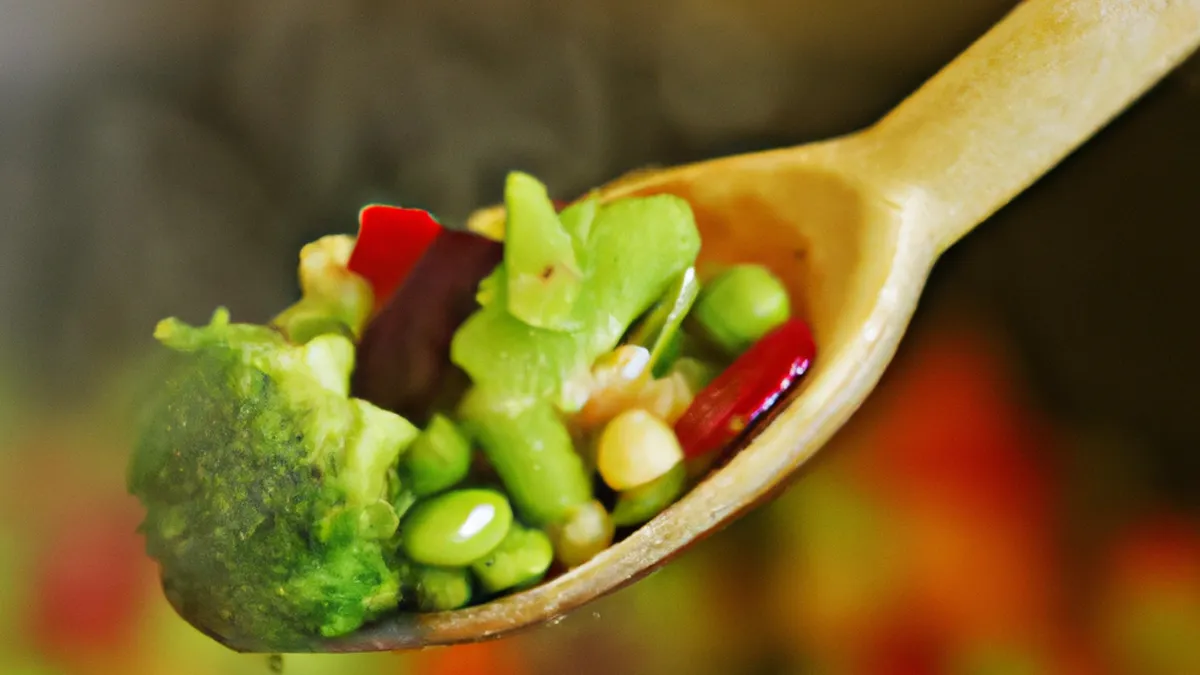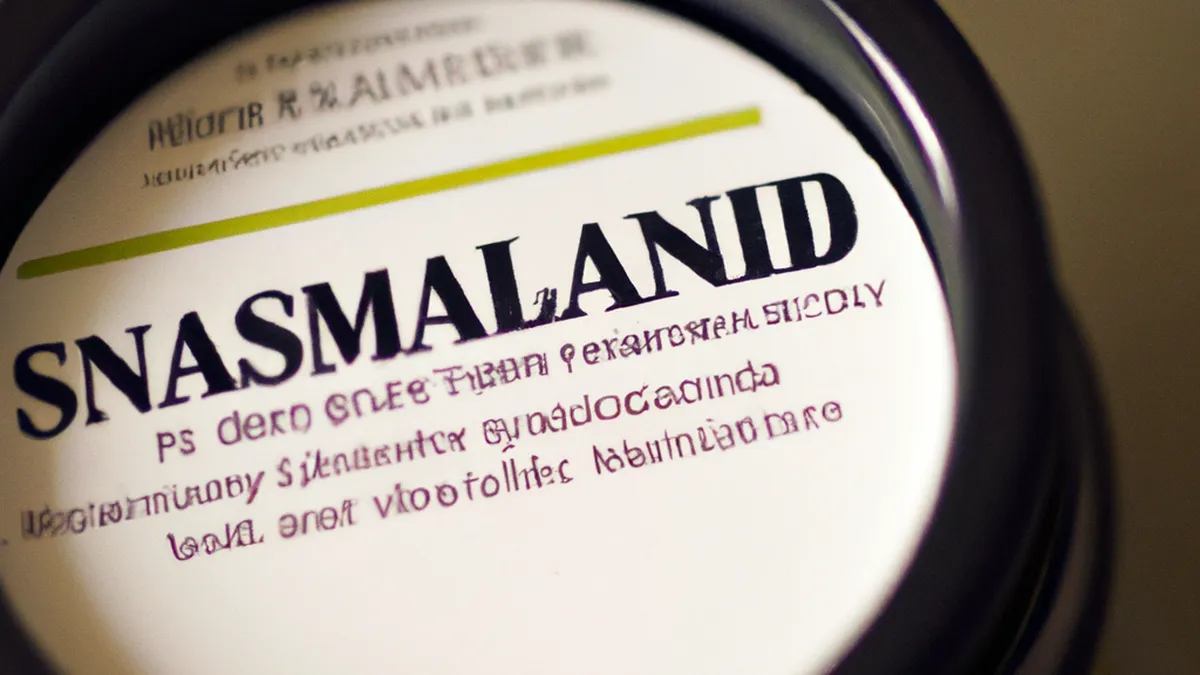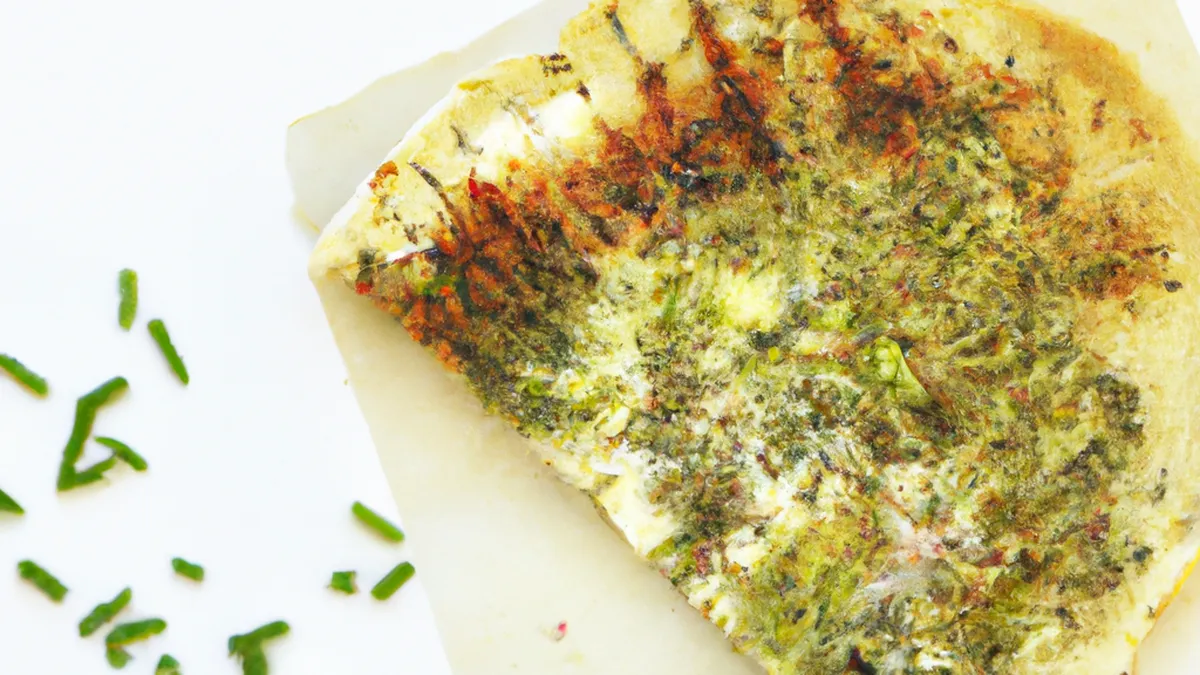Healthy Weight Management in Female Sports
Addressing Weight-Cutting in Female AthletesWeight-cutting poses a significant issue in sports, especially for female athletes. Many athletes think reducing weight will improve performance in weight-class sports like wrestling, martial arts, and gymnastics. However, this practice carries severe health risks and long-term consequences. This blog post discusses weight-cutting in female athletes and offers practical tips for healthy weight management.
Understanding Weight-Cutting
Athletes often engage in weight-cutting by losing weight rapidly before competitions through extreme dieting, dehydration, or excessive exercise. While they aim to enhance performance, these methods can harm an athlete’s health.Research indicates that female athletes face higher risks from weight-cutting. Hormonal imbalances, nutritional deficiencies, and mental health issues may develop, leading to lasting consequences. For example, studies show that severe caloric restriction disrupts menstrual cycles and decreases bone density. This increases the risk of osteoporosis and fractures. Therefore, athletes must manage weight thoughtfully and safely.
The Risks of Weight-Cutting
As an Amazon Associate I earn from qualifying purchases.
Gear tip: consider carb gels, protein bars, and sodium tablets to support this topic.
Weight-cutting can cause various health issues that may not appear immediately. Some significant risks include:
1. Dehydration
Many athletes use dehydration techniques, like saunas or diuretics, to lose weight quickly. These methods can cause severe dehydration, impairing physical performance and cognitive function. In extreme cases, dehydration can lead to life-threatening conditions like heat stroke.
2. Nutritional Deficiencies
Extreme dieting often results in inadequate nutrient intake. Athletes need essential vitamins and minerals for energy production, muscle function, and recovery. Deficiencies can severely impact performance.
3. Mental Health Issues
The pressure to lose weight can cause anxiety, depression, and disordered eating. Female athletes are particularly vulnerable to developing conditions like anorexia or bulimia, which can devastate their physical and mental health.
4. Long-Term Health Consequences
Chronic dieting and extreme weight fluctuations can lead to severe long-term consequences. Weight-cutting may cause metabolic issues, hormonal imbalances, and cardiovascular problems. Additionally, the psychological impact can affect an athlete’s relationship with food and exercise long after their competitive career ends.
Tips for Healthy Weight Management
Maintaining a healthy weight doesn’t require drastic measures. Here are practical tips for female athletes:
1. Focus on Nutrition
Nutrition greatly influences athletic performance. Athletes should consume a balanced diet rich in fruits, vegetables, whole grains, and lean proteins. They must avoid fad diets that promote quick fixes and focus on nutrient-rich foods for optimal functioning and recovery.
2. Hydrate Properly
Proper hydration is essential for overall health and performance. Athletes should drink plenty of water throughout the day and during training.
Conclusion
Weight management requires thoughtful strategies that prioritize health. By focusing on nutrition and hydration, female athletes can achieve optimal performance without risking their well-being.
Below are related products based on this post:
FAQ
What is weight-cutting?
Weight-cutting is the practice of rapidly losing weight before competitions through extreme dieting, dehydration, or excessive exercise. Athletes believe this will enhance their performance in weight-class sports, but it can lead to significant health risks.
What are the health risks associated with weight-cutting for female athletes?
Female athletes face unique risks from weight-cutting, including hormonal imbalances, nutritional deficiencies, and mental health issues. These can result in long-term consequences like disrupted menstrual cycles, decreased bone density, and an increased risk of osteoporosis.
What are some tips for healthy weight management for female athletes?
Female athletes can maintain a healthy weight by focusing on nutrition and proper hydration. Consuming a balanced diet rich in fruits, vegetables, whole grains, and lean proteins, along with adequate water intake, supports optimal performance without compromising health.















Post Comment